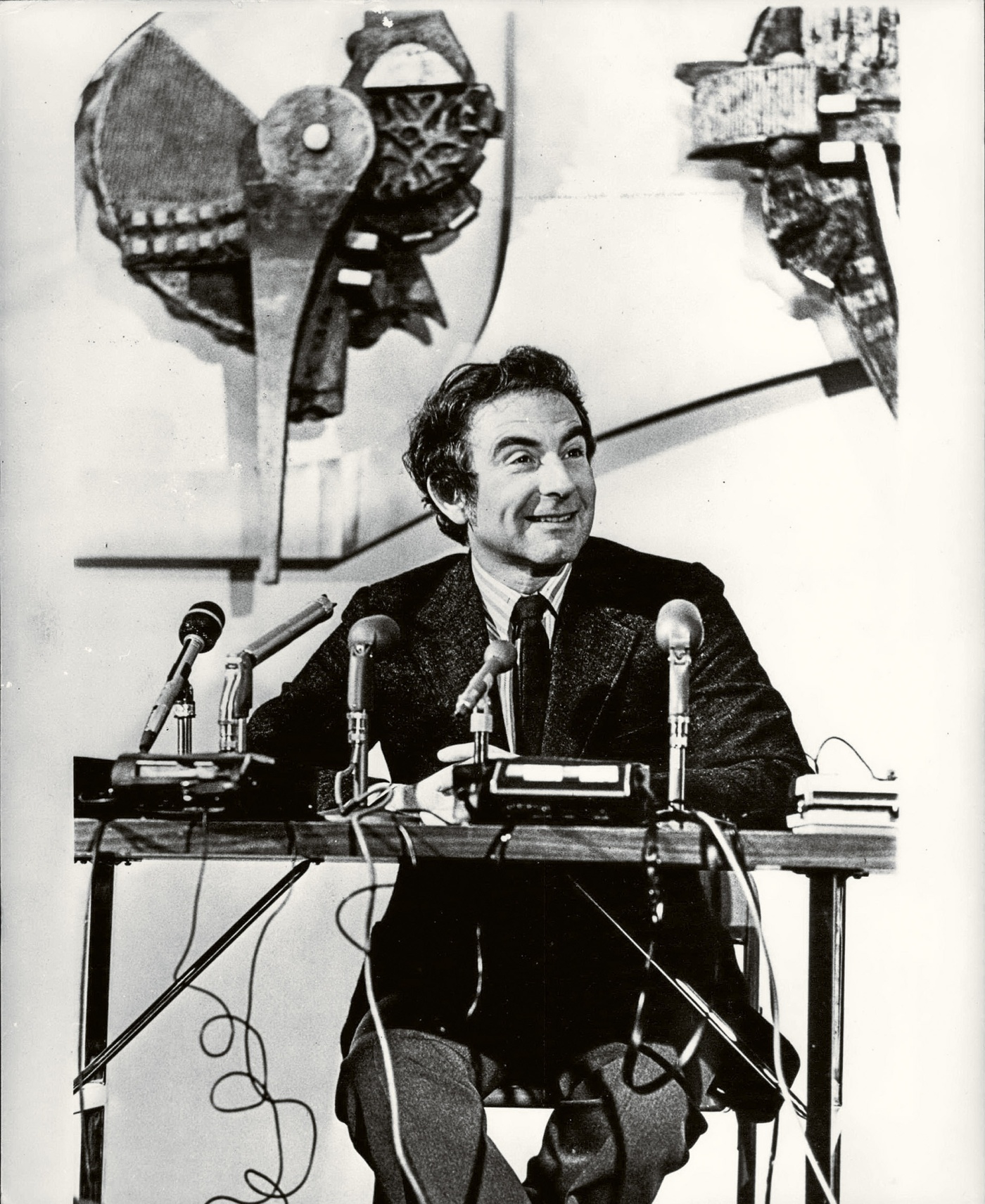Physicist Leon Nathan Cooper was just 27 years old in 1957 when he and two collaborators—John Bardeen and Robert Schrieffer—speculated about why, when some metals are deeply cooled, they become superconductors. Based on quantum mechanics, their theory posited that at very low temps, the electrons in the metals’ crystalline structure pair up (a “Cooper pairing”), their movement becoming orderly, and electrical resistance disappears. The theory revolutionalized modern physics, and in 1972 Cooper (above), Bardeen, and Shrieffer won the Nobel Prize. Known for his upbeat manner and endless curiosity (memorialized in the character Sheldon Cooper in the TV show The Big Bang Theory), Cooper taught at Brown for more than five decades, mentored countless students, and went on to publish another foundational theory—in neuroscience. He died Oct. 23, 2024, at age 94.
Science & Tech
Super Scientist
From the Archives
By Pippa Jack / January–March 2025
April 11th, 2025

photo: keystone pictures usa




